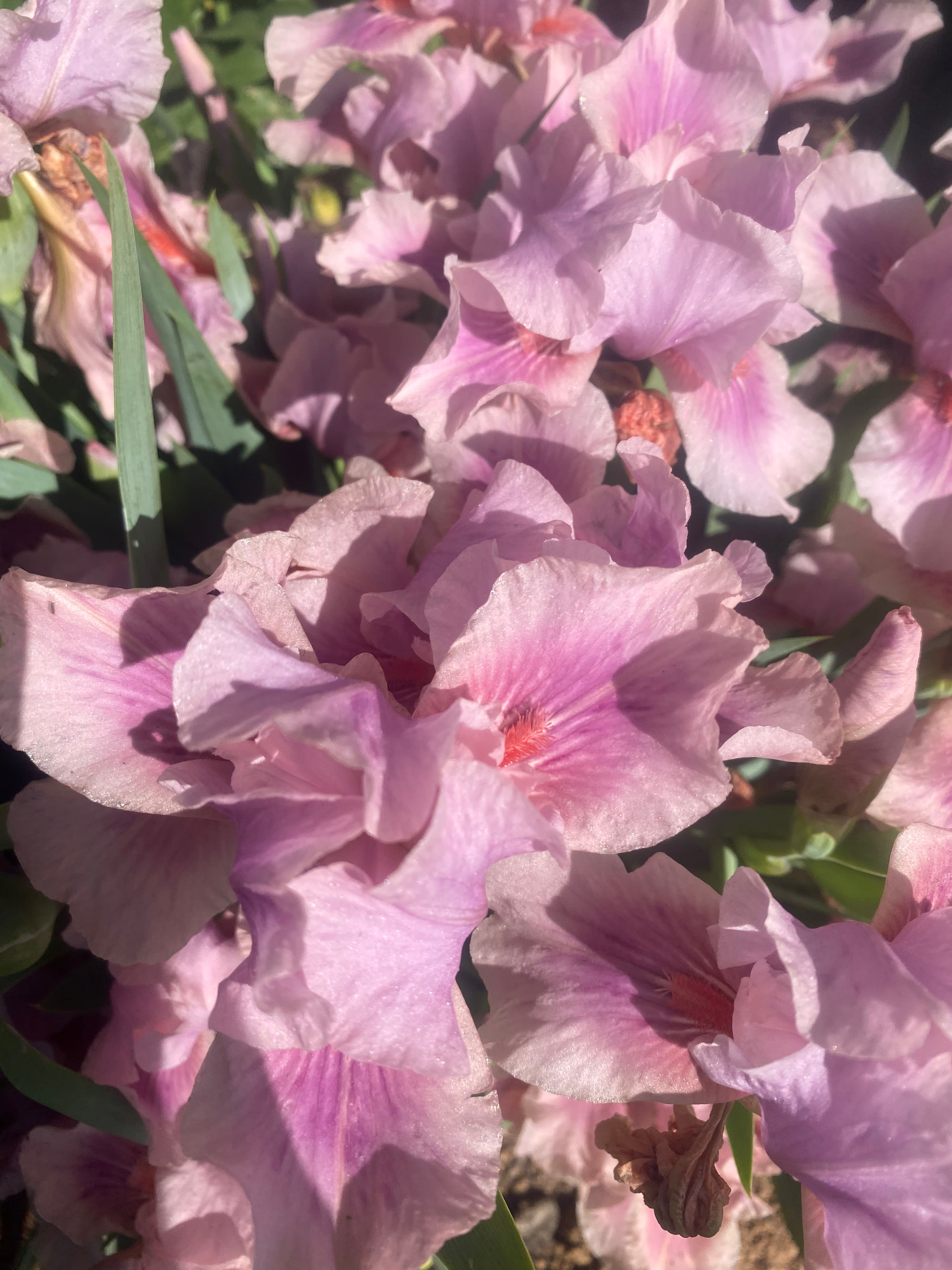What Are Native Plants?
Posted on June 13, 2023 • 1 minutes • 177 words
Native plants are species that have naturally evolved in a specific region, ecosystem, or habitat without human intervention. They are adapted to local soil conditions, climate, and wildlife, which makes them generally more resilient and easier to grow compared to non-native species.
Native plants have co-evolved with animals, fungi, and microbes to form a complex network of relationships. These plants serve as food and habitat for native wildlife species. They also provide essential ecosystem services such as improving water quality, reducing soil erosion, and sequestering carbon, contributing significantly to biodiversity and the overall health of the environment.
It’s important to note that a plant that’s native to one area may be considered non-native in another. For instance, a plant species native to the western United States might be considered non-native in the eastern United States.
Lastly, the concept of native plants should not be confused with endemic plants. While native plants are local to a particular area, endemic plants are species that are only found in a specific region or location and nowhere else in the world.
